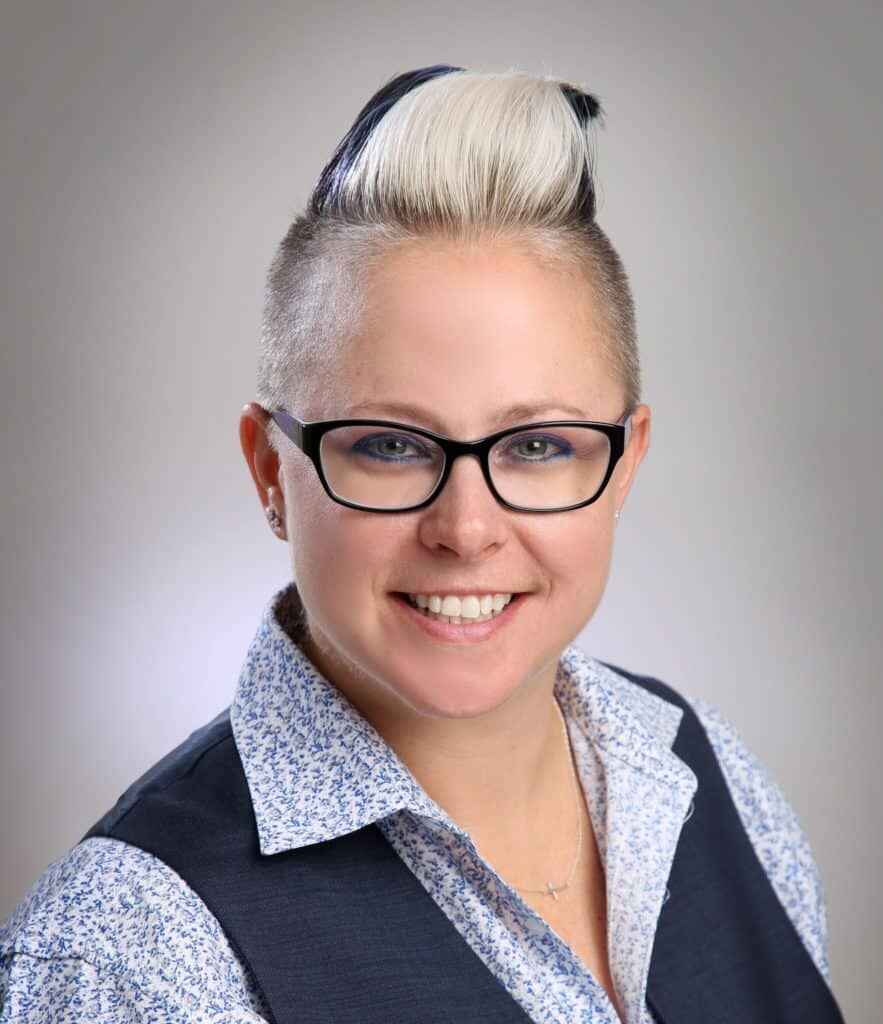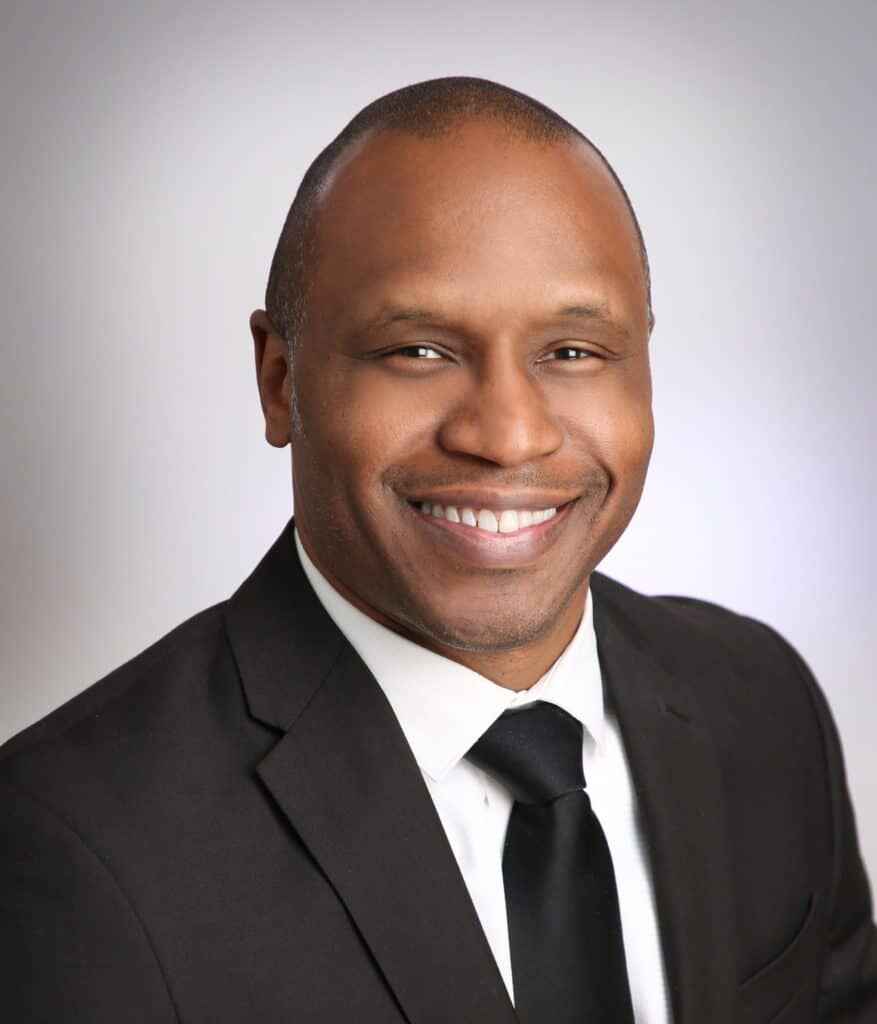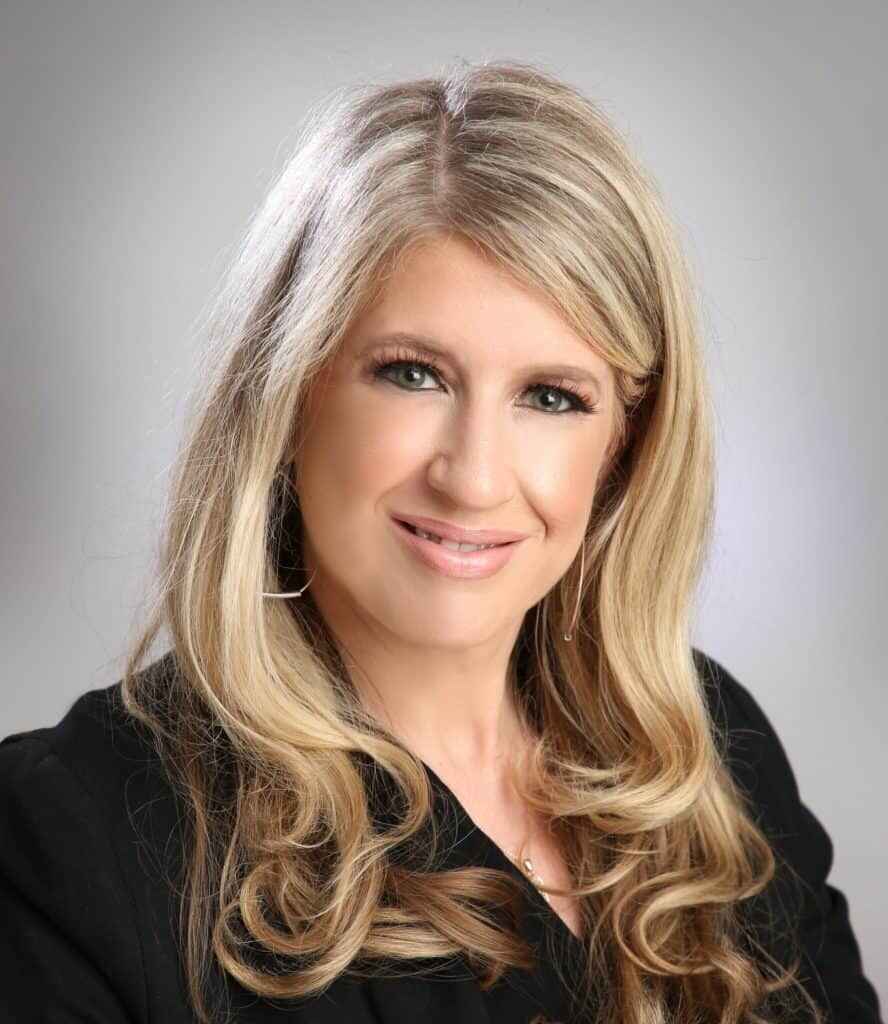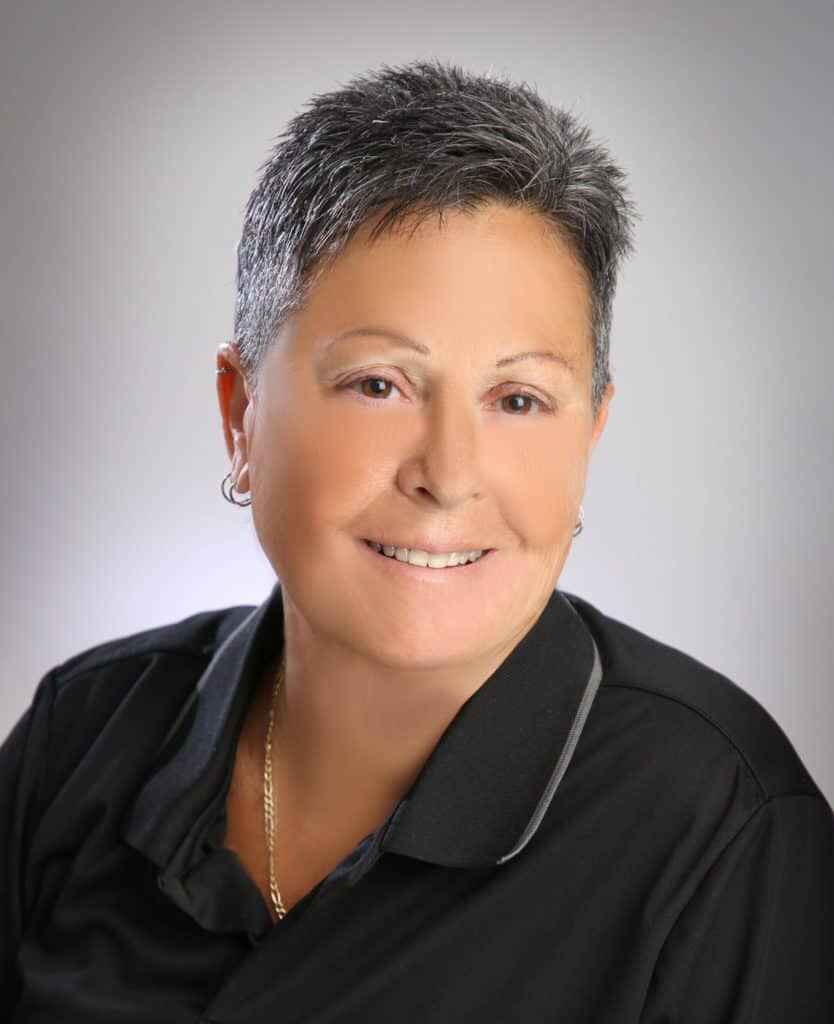About Arizona Women’s Recovery Center – Phoenix
Arizona Women’s Recovery Center, in Phoenix, Arizona, provides 12-Step-focused alcohol and drug rehab programs for teenage and adult women, including pregnant and postpartum women, women with young children, intravenous drug users, and survivors of domestic violence. The center offers outpatient treatment, supportive housing, aftercare programs, and dual diagnosis care. Spanish language interpreters are also available.
Their residential housing program accommodates up to 6 pregnant women to care for their newborns. Housing is also available for up to 19 women with young children. Short-term, 3-6-month housing programs are available for other clients. Clients receive 24/7 monitoring and access to the center’s outpatient programs. Recreational activities, transportation, meals, and peer support are provided.
The outpatient program focuses on mental health recovery and rehabilitation, life-skills development, and sober/independent living. Individual or group counseling, 12-Step program facilitation, psychiatric evaluations, and medication and case management are included. Family services, such as counseling, parental training, and support in building healthy relationships, are emphasized. Outpatient clients also receive vocational and educational training in clerical and customer service and are eligible for residential relocation services.
Arizona Women’s Recovery Center accepts all forms of AHCCCS plans and may be able to work with other major insurance providers, such as Aetna, Cigna, BlueCross BlueShield, Humana, and others. Financial assistance, including need-based grants, is available. Please check with your provider for specific details concerning out-of-network coverage.







